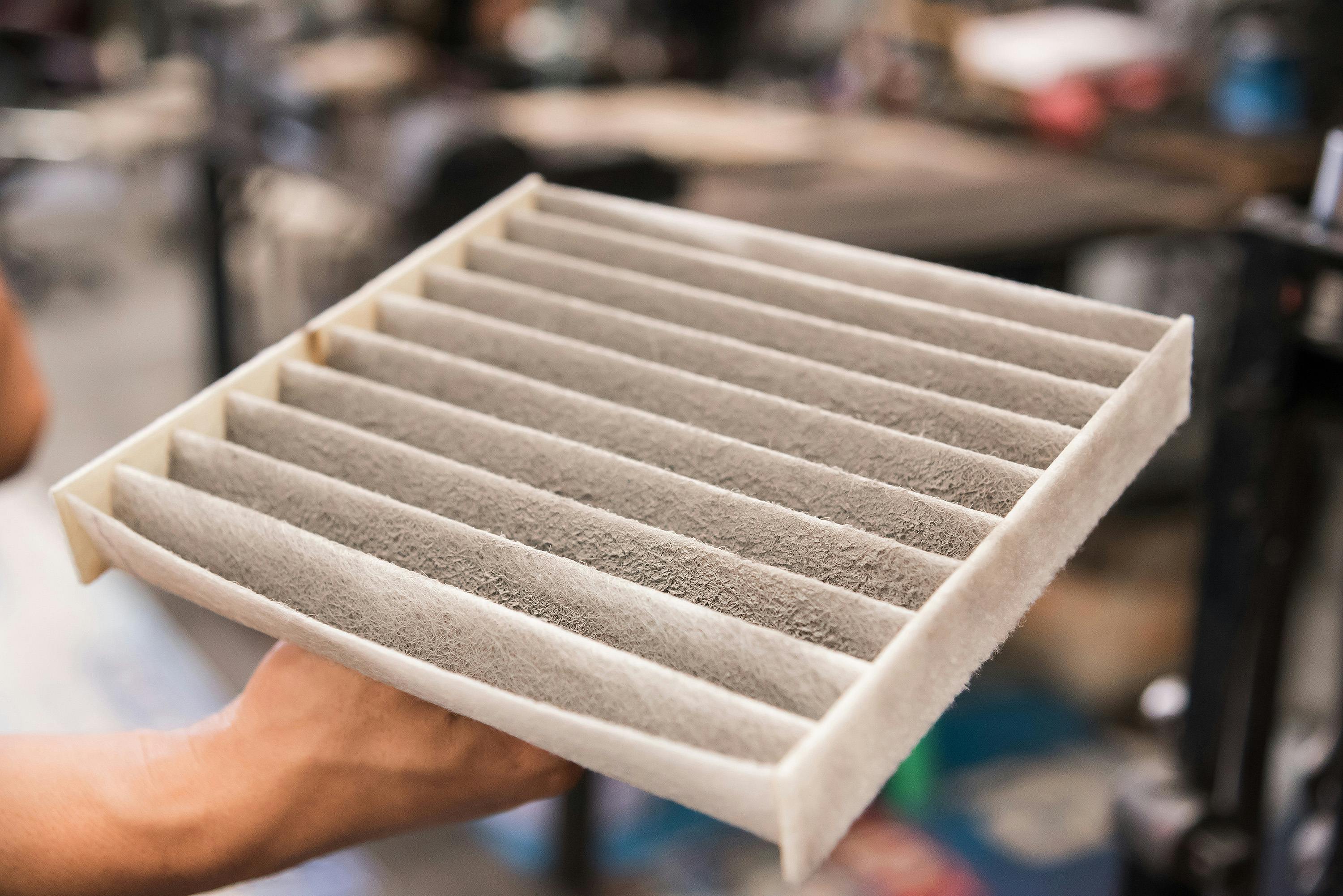Does a car’s air filter affect air conditioning

The short answer is no, it does not, because cars with air conditioning have two air filters. One is located in the engine compartment, and the other is located in the passenger cabin.
The function of the vehicle’s air filter in the engine compartment is to filter the air that goes into the engine. The function of the air filter in the passenger compartment is to filter the air that passes through the air conditioning system. Therefore, the two air filters filter two separate air streams that have nothing to do with each other.
However, the condition of the vehicle’s air filter in the passenger cabin can have serious effects on the operation of the climate control system. This filter is designed to filter out dust, insects, leaves, fungus spores, and even soot particles in diesel exhaust from the air that enters the car.
If this filter is damaged or missing, it allows unfiltered air into the car. On the other hand, if this filter is blocked or very dirty, it prevents air from passing through it freely, thus affecting the operation of the air conditioning system.
The air con filter is, in fact, a regular service item that must be checked and/or replaced at fixed intervals to ensure that the air conditioning system works properly.
Can car air conditioning cause health problems?

One of the most unpleasant aspects of car air conditioning systems is that they can sometimes make people sick. Here is how it happens-
All car air conditioning systems contain large amounts of foam insulation that traps moisture that condenses in the air con system’s ducts. If the air con system is clean, this is usually not a problem.
However, when things like fungus spores or some types of bacteria enter the system through the vehicle’ air vents from outside the car, they become trapped in the foam insulation. Over time, a few spores or bacteria can grow into a massive colony that can infect the entire air conditioning system. When parts of the colony die off they begin to decompose, which is what creates the bad smell and poisonous gases.
If you are sensitive to these poisonous gases, you can expect to experience the following symptoms-
- Itching, red, or burning eyes
- Runny nose
- Fits of sneezing
If you are allergic to any of the poisonous gases, you could develop more serious symptoms, like-
- Shortness of breath
- Sore, scratchy, or inflamed throat
- Breathing difficulties
- Severe headaches
- Double vision
- Blurred vision
- Lung infections like Legionnaires Disease, which can sometimes be fatal to the elderly and young children
In most cases, these colonies do not begin to grow because you did something wrong. Fungal spores and bacteria occur naturally in the air, and they will form colonies anywhere when conditions are suitable.
Unfortunately, the conditions in many car air conditioning systems are often exceptionally suitable. Nonetheless, there are several things you can do to reduce the chances of your air conditioning system being infected. Here is what you can do-
- Replace the cabin air filter at least twice a year, or at least according to the car’s regular service schedule
- Replace the filter with one that is designed to kill bacteria and fungal spores
- Run the air conditioning system at its lowest setting for at least ten minutes every week- even in winter. Cold air absorbs moisture, so operating the system every week can help to keep it dry. This reduces the chances of bacteria or fungi getting a foothold in the system
- Sterilise the car’ air conditioner once a month by spraying an approved disinfectant into the system’s air intake while it is running. You can also do this during every scheduled car service for better long-term results
Note that once you notice a bad smell in the car, the problem might already be serious. In extreme cases, you may never get rid of the smell, and you will always suffer from one or more cold-like symptoms.
If you think your air conditioning system might be infected with fungi or bacteria, we recommend that you Find a Mechanic. Here you can find certified car air conditioning service centres near you that may be able to fix the problem with powerful chemicals that are not always available to the public.
